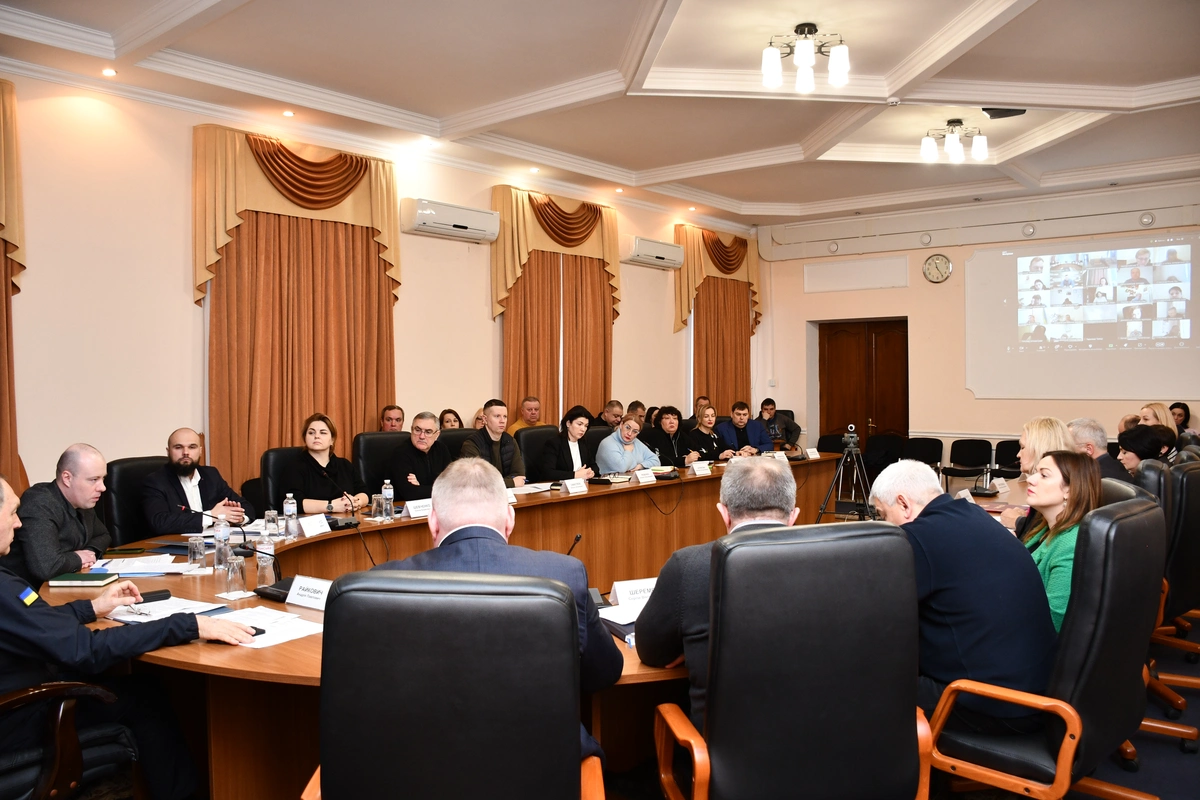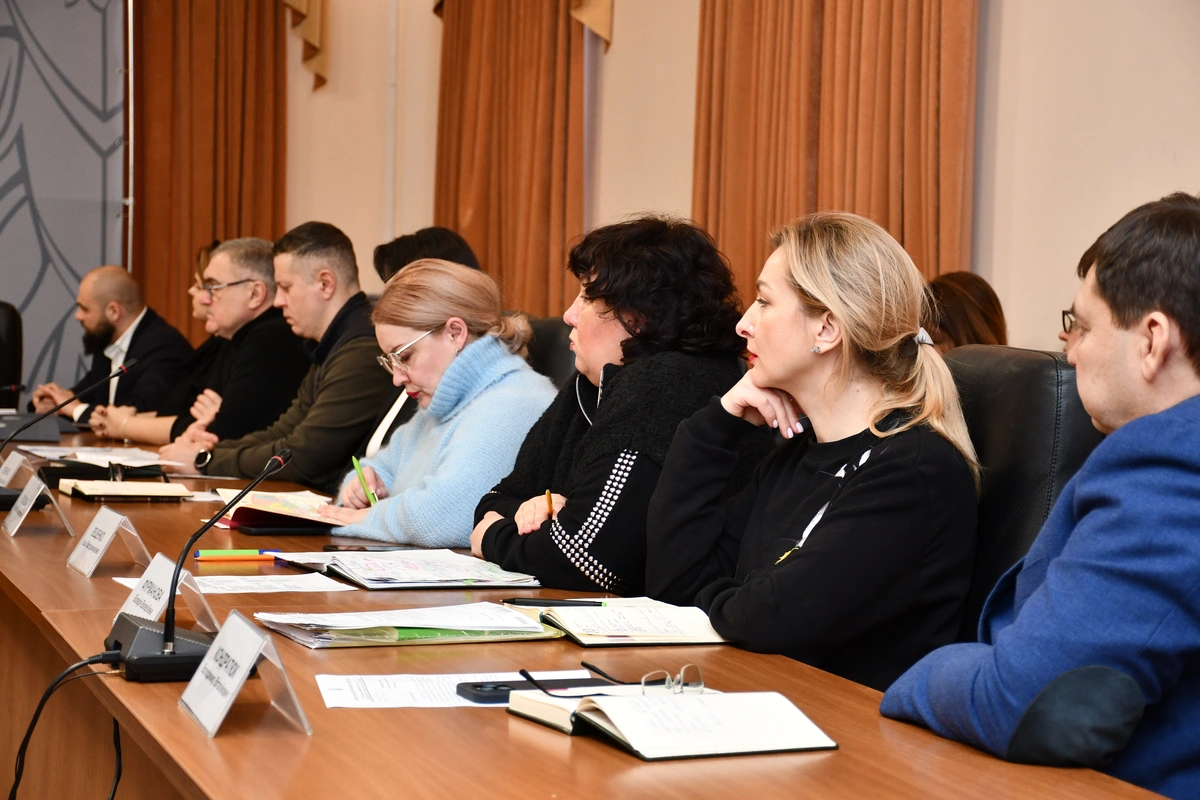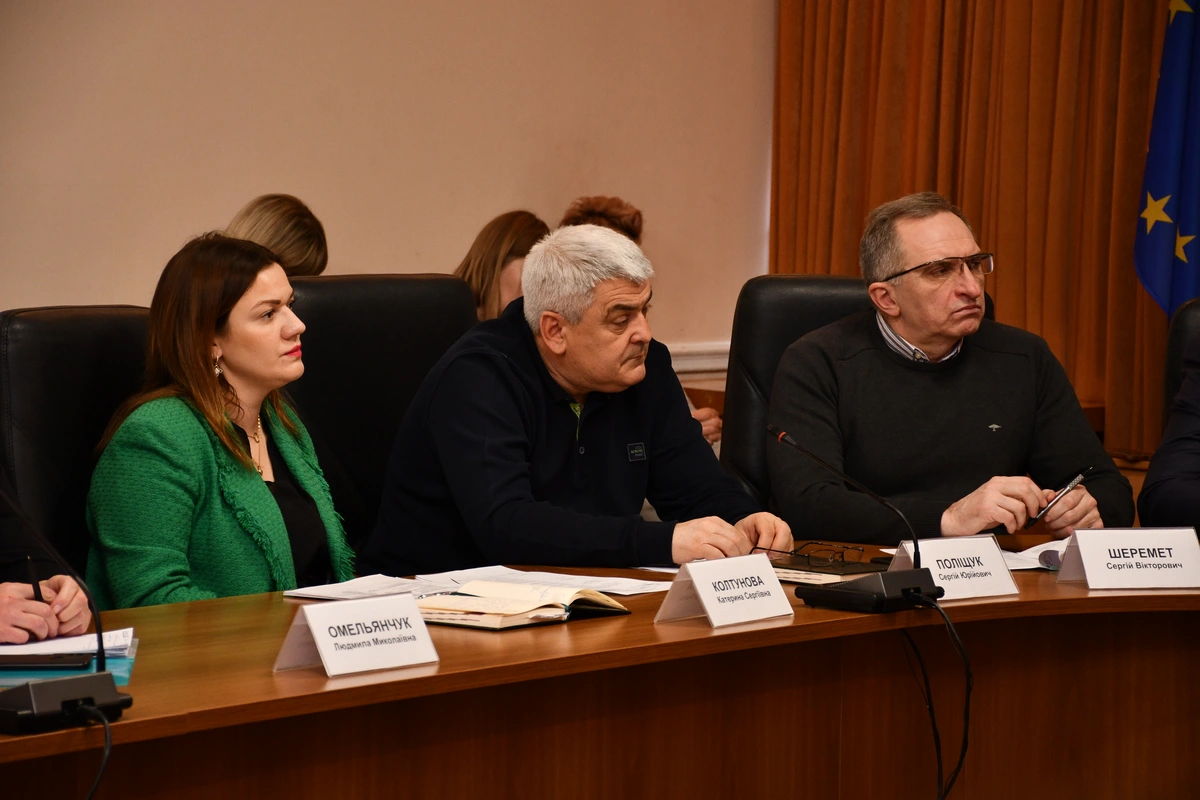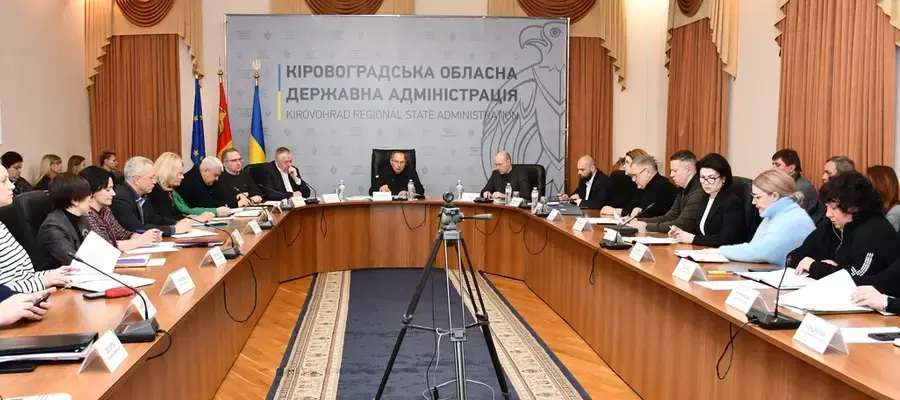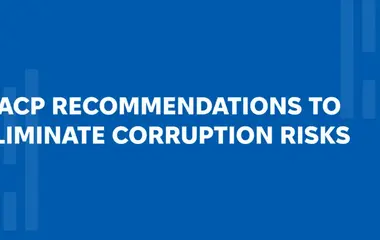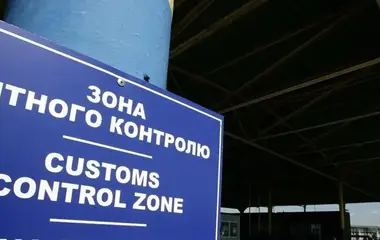The first regional visit of the National Agency on Corruption Prevention (NACP) team in 2025 was to Kropyvnytskyi.
Such visits are aimed at establishing constructive cooperation between the Agency and local authorities in the regions to ensure effective implementation of the state anti-corruption policy, taking into account their specifics.
The Agency's team met with the leadership of the Kirovohrad Regional Military Administration and Regional Council, Kropyvnytskyi City Council, representatives of district military administrations, local governments of the region's territorial communities, educators, law enforcement officers, as well as civic activists and journalists.
"The NACP representatives are actively working in the regions to ensure effective cooperation with all participants of the anti-corruption infrastructure. Our main task is to become reliable partners for everyone involved in preventing corruption. This approach allows us to find the best ways to solve the problem of corruption, as well as to create effective mechanisms to increase transparency and integrity in the regions,” said Deputy Head of the NACP Serhii Hupiak.
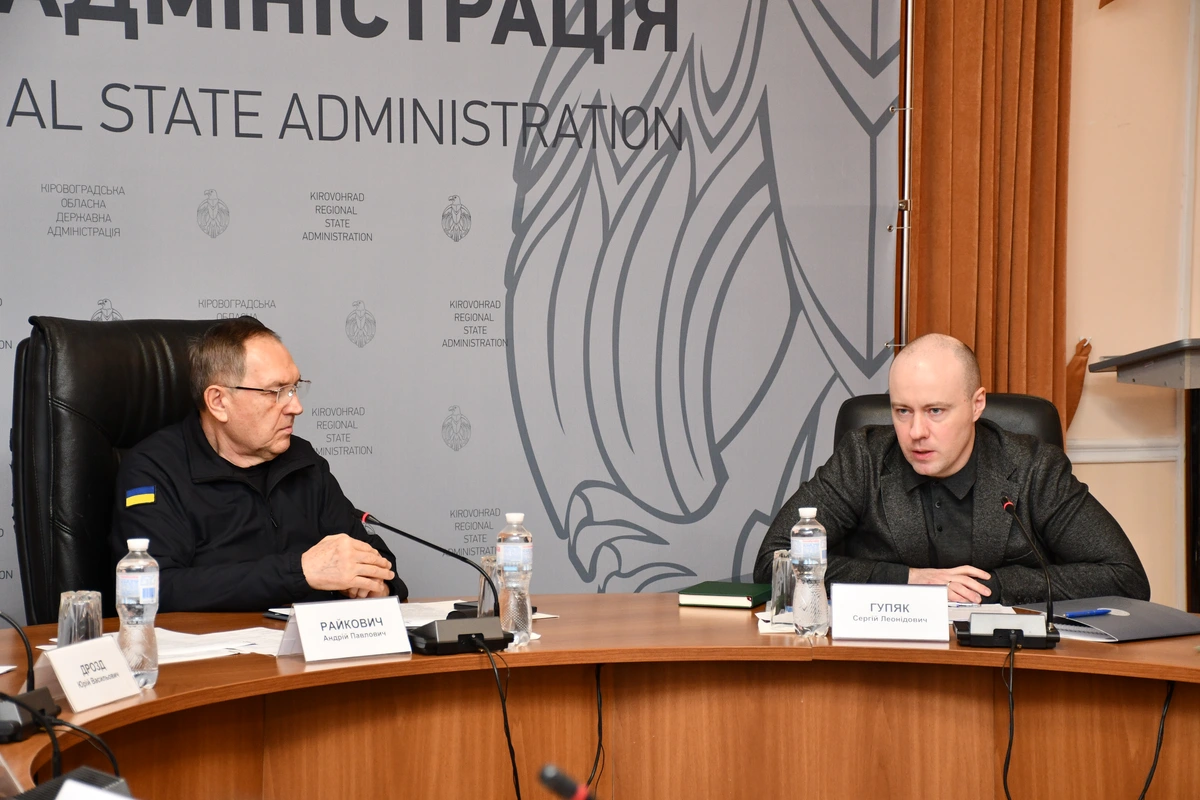
He also emphasized that in Kirovohrad region, the most vulnerable to corruption is the subsoil sector.
“First of all, we are talking about numerous issues related to the possibility of extracting subsoil without permits, bypassing the established procedures and uncontrolled,” said the Deputy Head of the NACP.
Serhii Hupiak noted that in the near future, the NACP plans to study this area more thoroughly in order to identify corruption risks in the field of subsoil extraction, gaps in legislation, and develop recommendations for regulating the factors that law enforcement agencies should pay attention to when exposing corruption in this area.
In addition, according to the Deputy Head of the National Agency, due to significant budget expenditures, public procurement, especially in the field of education, is a sensitive issue for Kirovohrad region, as well as, as in the rest of Ukraine, the issues of TCCs, VLCs, and spending on the reconstruction of facilities affected by Russian aggression.
Serhii Hupiak said that the Agency has developed a methodology for analyzing counterparties and conducted a study that identifies the most common corruption risks in the management of public utilities, and if necessary, the Agency can provide recommendations to local authorities and the region.
In addition, he emphasized the need to increase the professionalism of commissioners for the prevention of corruption in public bodies: “These officials should not only have a deep understanding of the scope of their agency's activities, but also promptly identify corruption risks and report them to the management in a timely manner. This will help avoid wrong decisions that could lead to financial losses or contain signs of corruption.”
In turn, the head of the Kirovohrad Regional State Administration, Andriy Raykovych, noted that the region is among the top five in the country in terms of the number of projects included in the DREAM system: 475 projects worth almost UAH 20 billion. He also said that the Kirovohrad Regional Military Administration is a co-implementer of four measures of the State Anti-Corruption Program in the areas of infrastructure, culture, and land relations.
“We have taken a comprehensive approach to implementing the state anti-corruption policy: a separate structural unit is working, last year we approved the anti-corruption program until 2026, identified 21 corruption risks and ways to minimize them - from public procurement to public relations and control over the regional budget,” said Andriy Raykovych.
Yuriy Drozd, Head of Kirovohrad Regional Council, emphasized that corruption prevention in the region is possible due to the active participation of civil society organizations, media, deputies and local authorities: “All these institutions are working to ensure that citizens are aware of their rights and that the authorities act in a transparent and open manner. Kirovohrad region, like other regions of Ukraine, has every chance to become an example of effective implementation of anti-corruption initiatives.”
We remind that the NACP launched the project of regional visits to strengthen cooperation with communities, local authorities, secondary and higher education institutions, journalists, NGOs, and to promote building integrity through community engagement. Representatives of the Agency have already visited Lviv, Dnipro, Chernivtsi, Zhytomyr, Ivano-Frankivsk, Vinnytsia, Lutsk, Cherkasy, Khmelnytskyi, Kharkiv, Odesa and Rivne.
